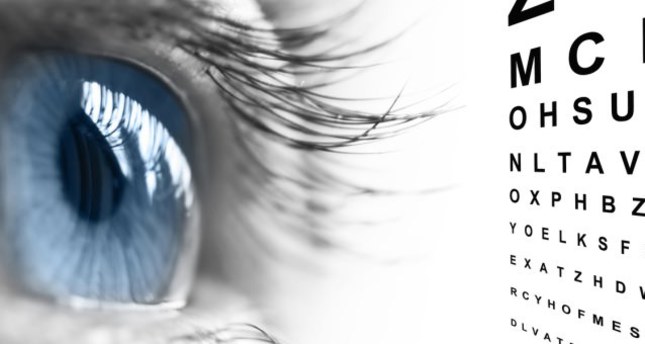Many eye problems are difficult to detect because they slowly develop over the course of years. Unfortunately, untreated issues can result in a number of unwelcome side effects ranging from migraines to lower productivity at work and school. Here are five common signs that you may need corrective lenses.
1. Tired Forehead and Temples
Our bodies recruit a variety of muscles when we squint. If you find that your forehead and temples are tired after focusing on an object for a few moments, then it is a sign that you are squinting to get a better view. This often takes place when staring at smaller objects such as writing on a computer screen or smartphone.
2. Frequent Nausea and Headaches
Anyone that experiences frequent nausea and headaches should immediately schedule an appointment with their family doctor. After other common medical problems have been ruled out, then it may be time to schedule an appointment with the optometrist. Blurry vision often results in headaches and nausea when it is not corrected with eyewear.
3. Constantly Moving Reading Material
Those with uncorrected vision issues may move reading material around in order to get a better view without even realizing it. Most writing should be clear between 18 and 30 inches from your eyes. Anyone that must move these objects closer or farther away because the words are blurry should schedule an eye exam to see if they are farsighted.
4. Bad Grades
Children can go for years without realizing they have vision issues because they become accustomed to uncorrected vision. This is why it is up to parents to keep an eye out for some signs that their child may need classes. One of the most common side effects of bad vision is declining grades. Countless studies have shown that children with vision problems often act up in class and get lower grades because it is so difficult to concentrate on blurry words and numbers.
5. A Family History of Vision Issues
Most patients will want to have a comprehensive eye exam carried out at least once every two years. Patients with a family history of eye problems such as glaucoma will want to schedule eye exams more frequently as they are at a higher risk of vision problems themselves. Children should also have eye exams at least once a year as their vision will change rapidly.
A simple eye exam and pair of corrective lenses may be all that you need to avoid each of these unwanted side effects.
Recent Posts
- Castor Oil For Better Hair Growth: Is It Myth Or Fact?
- Exploring the Differences Between Sermorelin, Ipamorelin, Ibutamoren, GHRP2, and GHRP6: Understanding Their Role in Human Growth Hormone Regulation
- Unraveling the Mystery: Understanding the Causes and Prognosis of Ventricular Tachycardia Without Apparent Heart Disease
- Understanding Grandparents’ Rights in Oklahoma: Navigating Visitation and Legal Protections
- 10 Reasons to Consider Hypnotherapy for Your Health


